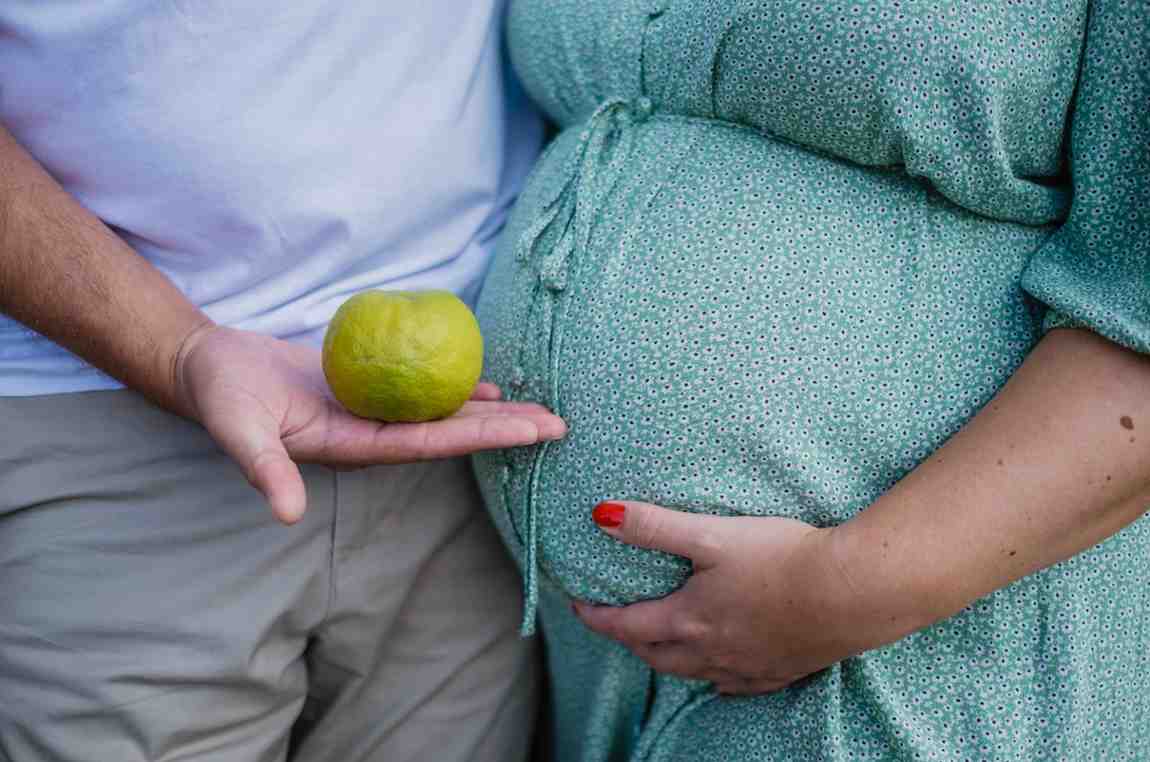Preventive Healthcare
Pregnancy Food Chart: Foods To Eat and Avoid When Pregnant
8226 Views
0

Pregnancy is a time of great joy and excitement. It also comes with a lot of responsibilities as it is a time when a woman's nutritional needs change dramatically.
A pregnancy food chart is a helpful tool that can guide you in making healthy food choices during pregnancy. The chart is based on the recommended daily allowances of key nutrients. It ensures that you are getting all the nutrients you need for a healthy pregnancy.
Eating well during pregnancy is not only important for the health and well-being of the mother but also for the growth and development of the growing foetus. Before moving to the list of foods that should be included in a pregnancy food chart, let us understand the importance of a proper food chart right from the first month of the pregnancy.
Why Is A Pregnancy Food Chart Important?
A pregnancy food chart helps you to maintain a healthy and balanced diet during pregnancy, considering the nutritious needs of the growing baby. The right foods can help in the proper development of the foetus and reduce the risk of complications during pregnancy.
The pregnancy food chart also helps you to track the nutrients you are consuming. You can make an appointment with a nutritionist to prepare a pregnancy food chart month by month, keeping your food habits in consideration.
This makes sure you are getting enough of the essential vitamins and minerals needed for a healthy pregnancy. The chart also helps in managing weight gain, which is necessary during pregnancy.
What Should a Pregnancy Food Chart Include?
A pregnancy food chart should include a variety of foods from all the food groups. It should be rich in nutrients like protein, calcium, iron and folate. Here is a breakdown of the foods that should be included in a pregnancy food chart:
- Protein-Rich Foods
Protein is essential for the proper growth and development of the foetus. Include foods like lean meats, poultry, fish, eggs, beans and lentils in your diet. These foods provide the necessary amino acids needed for foetal development.
- Calcium-Rich Foods
Calcium is vital for the development of the foetus's bones and teeth. Include foods like dairy products, leafy green vegetables and calcium-fortified products like orange juice in your pregnancy food chart.
- Iron-Rich Foods
Iron is necessary for the formation of red blood cells in both the mother and the foetus. Include foods like lean red meat, poultry, fish, beans and leafy green vegetables in your diet. Iron supplements may also be necessary, especially if the mother is anaemic.
- Folate-Rich Foods
Folate is essential for the proper development of the neural tube in the foetus, which forms the brain and spinal cord. Include foods like leafy green vegetables, citrus fruits, beans and fortified cereals in your pregnancy food chart. Folic acid supplements may also be recommended.
- Fibre-Rich Foods
Fibre helps in regulating digestion and preventing constipation during pregnancy. Include foods like whole grains, fruits, vegetables and beans in your daily diet.
What Should You Avoid When Pregnant?
It is also important to know about the food you should avoid during pregnancy. Certain foods and drinks should be avoided during pregnancy as they can pose a risk to the health of the foetus. These foods include:
- Raw or Undercooked Meats
Raw or undercooked meats can contain harmful bacteria like Salmonella and Listeria, which can cause food poisoning and lead to complications during pregnancy.
- Fish with High Levels of Mercury
Fish like sharks, swordfish, king mackerel and tilefish contain high levels of mercury, which can harm the developing nervous system of the foetus.
- Raw or Undercooked Eggs
Raw or undercooked eggs can contain Salmonella, which can cause food poisoning and lead to complications during pregnancy.
- Unpasteurized Dairy Products
Unpasteurized dairy products can contain harmful bacteria like Listeria, which can cause food poisoning and lead to complications during pregnancy.
- Alcohol and Caffeine
Alcohol and caffeine should be avoided during pregnancy as they can harm the foetus's development and lead to complications.
- Processed Junk Food
Junk foods contain a lot of sugar, calories and preservatives and do not have any nutrients.
- Some more foods to avoid include unripe papaya, any unpasteurized juice, unwashed fruits and vegetables and raw sprouts.
Is Diet Enough for the Nutritional Needs of Pregnant Women?
While a healthy and balanced diet is important for everyone, including pregnant women, it may not always be enough to meet all of your nutritional needs during pregnancy.
During pregnancy, your body requires more nutrients to support the growth and development of the foetus. For example, pregnant women need more iron, folic acid and calcium than women who are not pregnant. If these nutrients are not obtained in sufficient quantities through the diet, it can increase the risk of complications during pregnancy and affect both your health and that of the baby.
Therefore, in addition to a healthy diet, doctors often recommend supplements like iron, folic acid and calcium to ensure you are getting enough of these important nutrients. These supplements can help fill any gaps in your diet and ensure you are getting the nutrients you need for a healthy pregnancy. It is important to discuss any supplement use with a healthcare provider.
Conclusion
A pregnancy food chart can be a helpful tool for pregnant women in making healthy food choices. By including a variety of fruits, vegetables, whole grains, lean protein and dairy products, you can ensure your dietary needs are fulfilled.
Additionally, do not forget to consult your doctor at the prescribed intervals. If your doctor suggests any blood tests and health checkups, do not hesitate to follow those as it is important for your well-being as well as that of your baby. You can visit Metropolis Labs, book an appointment and they will take care of the rest!













1701259759.webp)









 WhatsApp
WhatsApp